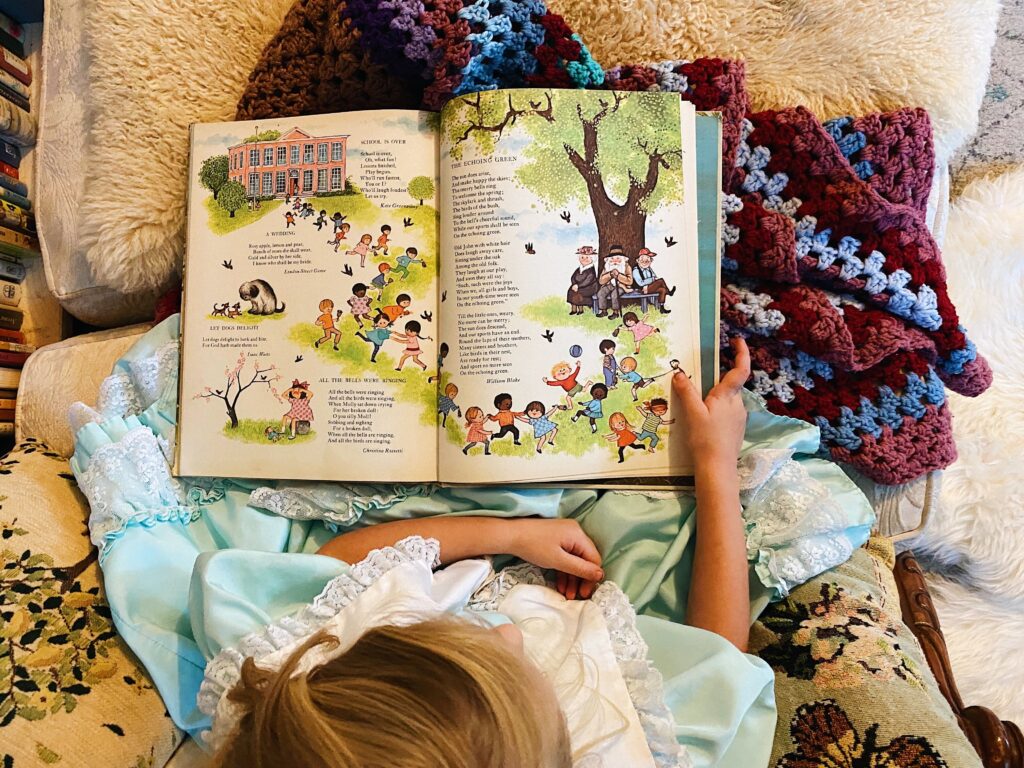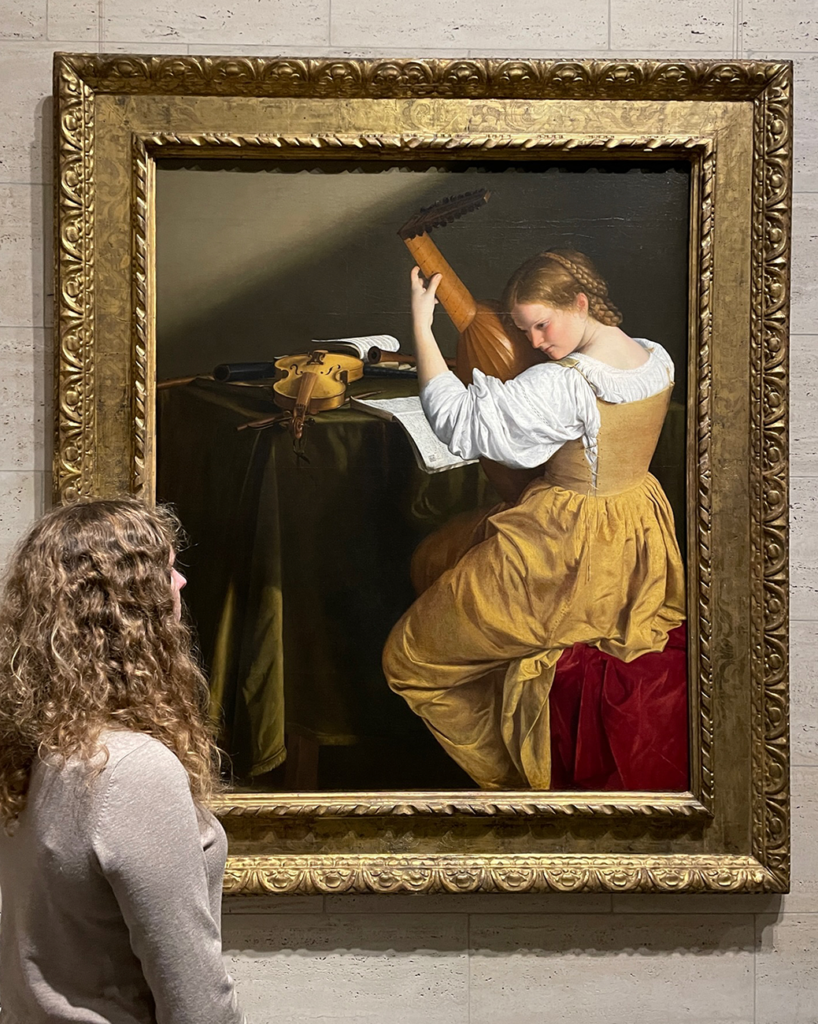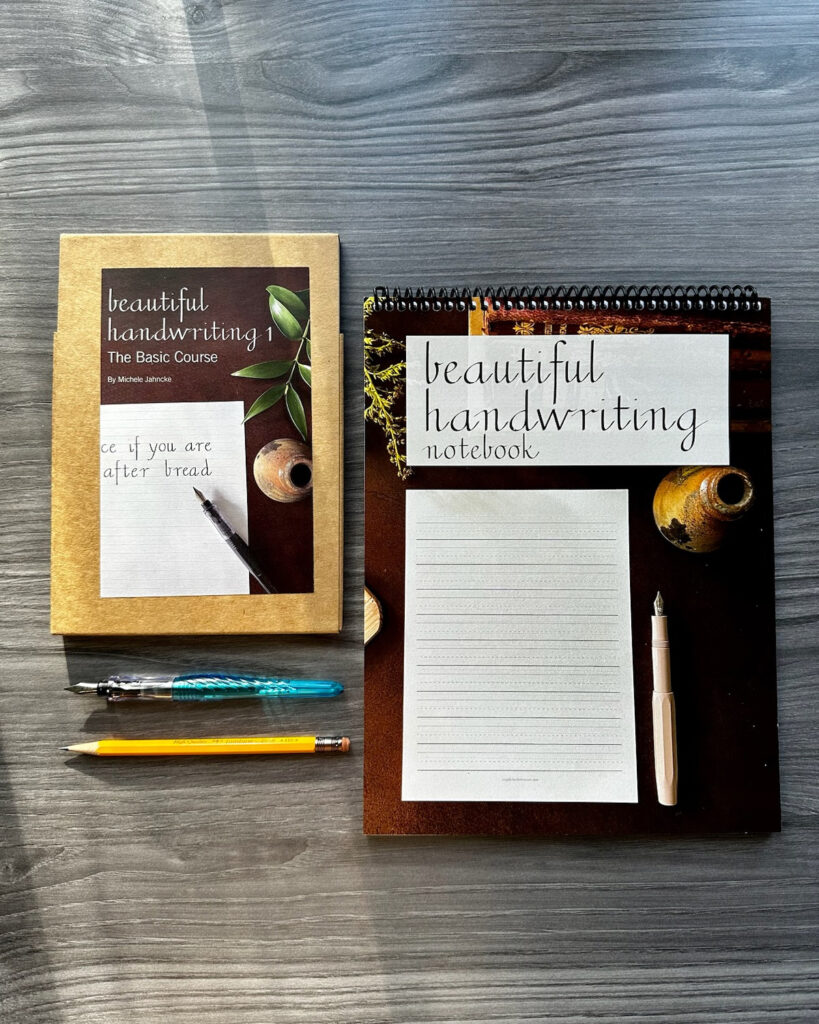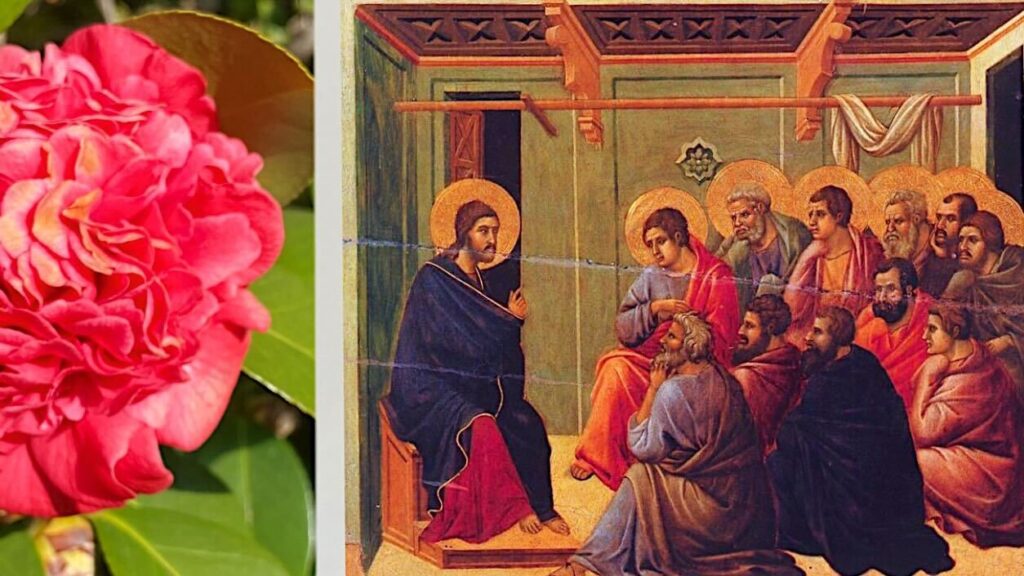The CMP Review — Week of December 26
December 26, 2022

“Ignorance of fairyland is the punishment of intellectual vanity—the vanity of the average pedagogue, who has forgotten that education means leading forth and not stuffing in.” (Greville MacDonald, PR65, “The Fairy Tale in Education”, p. 10)
@tessakeath
December 27, 2022

When I was a young man, I was led to believe that teenage rebellion was axiomatic. It was as natural, I was to suppose, as that spring turns to summer, and that summer turns to fall. Perhaps it was even a good thing. Perhaps only the young man who rebels has the spunk to make him a real man.
Then I met a homeschooling dad for the first time. I didn’t have children yet, but he was already telling me about his parenting approach. He talked about the relationship he cultivated with his children by teaching them at home. He said that the relationships started strong and never grew sour. In short, he told me there was a better way.
In the early 20th century, a German thinker named Friedrich Wilhelm Förster explored the question of authority and rebellion in young people. On the one hand, he agreed “with the Rousseauists that the rigid, blind obedience fostered by the repressive system of the past is a bad thing.” On the other hand, he argued that “Authority is the fundamental ethical requirement.” In this way, he struck a “via media between the old cult of repression and the more modern cult of indulgence.”
Like that homeschooling dad, Förster pointed to a “better way” where authority is exercised in a way that never prompts rebellion: a way that respects the personhood of the child. The ideas were too close to the views of Miss Charlotte Mason to escape her notice. In the February 1915 issue of The Parents’ Review she published an article on the topic. “We have seldom had a more valuable paper to publish,” she wrote. I can see why, and so today we share the article with you. Find it here.
@artmiddlekauff
December 28, 2022
Leah Boden and I first met when I sought out her viewpoint on a matter. Having only read an article and some of her poetry at the time, I believed that if what @modernmissmason had written was truly in her own voice, she was the person with whom best to confer.
Now, Leah could have unloaded lots of well-intentioned advice. She could have given some verses and a quote. She could have said, “If it feels good, do it.” Rather, she paused before offering a few carefully chosen words and gently posing a question back to me. And, just like that, the fog dissipated and I found a clear path before me.
There’s a part in Essex Cholmondeley’s biography in which it is said of Charlotte Mason’s generosity and light, “With few words, always perfectly chosen, yet coming naturally without trace of effort, she said what you knew at once to be the right thing, though you had groped long and had not found it.”
These are the qualities I’d found in Leah Boden that day and what you’ll find in her new book, Modern Miss Mason. Written truly in her own voice.
@rbaburina
December 29, 2022

Two years at Charlotte Mason’s House of Education must have been a life-changing experience. The women who attended developed a special bond that they wished to preserve. To meet that need, in January 1896 L’Umile Pianta was born. The alumnae asked Mason herself to write the opening article. She chose the form of a letter to address her beloved graduates, and among other topics, she commended them on their choice of a badge.
“Your deliberate choice of the ‘humble plant,’” she wrote, “as best expressing your aims gives me a cheering sense that you realize the meaning of our work.” Then Mason wrote something very remarkable: “To us, who take the Rush for our Badge, there are no little things, no things that do not matter. We know that every letter a child forms is a detriment or a gain to his character.”
How extraordinary that of all the living lessons she could have cited, she chose to mention handwriting. It is fitting, however, when we remember that for Charlotte Mason, no aspect of education is utilitarian. Even handwriting is a means to express beauty.
Perhaps that is why Mason seized upon Mrs. Bridges’ “A New Handwriting” as the course to teach “a system of beautiful handwriting.” This system has been elusive for modern Charlotte Mason educators, but now @michelejahncke has carefully restored it for our use. Published by @simplycharlottemason, “Beautiful Handwriting 1: The Basic Course” is now available.
But it’s not just for children. At the Gospel Vision for Children conference in October, @nancy_kelly_sage_parnassus invited attendees to do their own “slow and beautiful work” right in the middle of her talk. She invited a room full of adults to copywork. Why did she do that?
Mason reminded her beloved graduates that “we work at things both great and small without any thought at all of our own honour and renown.” My fifteen-year-old isn’t too old for handwriting lessons, nor is his fifty-something-year-old dad. But with kids or without, why not labor in a small thing? The result just might be something great. Check out “Beautiful Handwriting” at this link.
@artmiddlekauff
December 30

Serafina has “invented” this candle decorating technique. At least we never saw it done anywhere. She just tried it out on her own one day.
We had bought her a multi-coloured set of little wax beads to go along with her wax seal stamp kit. Well, not wanting to let those colourful beads only serve one purpose, she thought she’d try “painting” with them on candles. I was skeptical at first.🤦🏼♀️
Last year, she painted simple designs on tapers. This year, we found these pillar candles and she was thrilled that these would give her a larger canvas.
She painted a bunch of them as Christmas gifts to her friends’ moms. And she made this beautiful nativity scene one for me.
She melts the wax bead over a candle flame in the spoon that comes with her wax seal set and then uses a pin to apply the melted wax to her candle.🤷🏼♀️🕯️😍
I would never have thought of doing that! Children can be so resourceful and ingenious when it comes to their creativity… If we don’t stifle them!
@antonella.f.greco
December 31, 2022

“Children have always been lovely, so far back as that day when a little child in the streets of Jerusalem was picked up and set in the midst to show of what sort are the princes in the Kingdom to come.” (Vol. 2, p. 75)
@tessakeath
January 1, 2023

Charlotte Mason envisions a scene contrary to all the laws of love and war. A royal prince from a neighboring land comes to pay a visit. An emissary, an ambassador, representing his royal father from abroad. How should he be treated? Don’t we all know?
And yet contrary to all civility and international law, the royal prince is accosted and apprehended by a troop of guards who are normally sent for common criminals.
Where did Mason discover this scene? From a fairly tale or a fable? No, she found it in the Word of God. The royal father is God and the prince is His Son. A troop of guards were sent to apprehend him. How would He respond? Find out in today’s poem here.
@artmiddlekauff